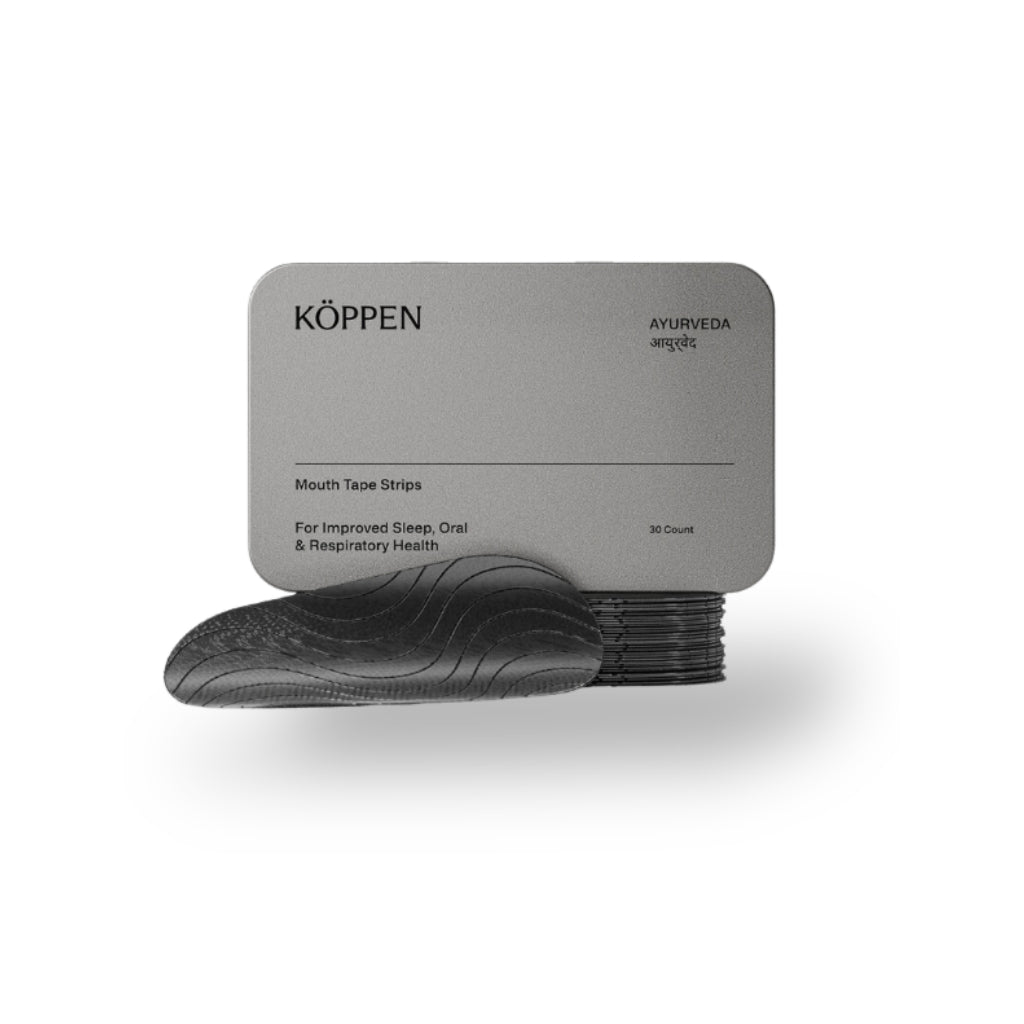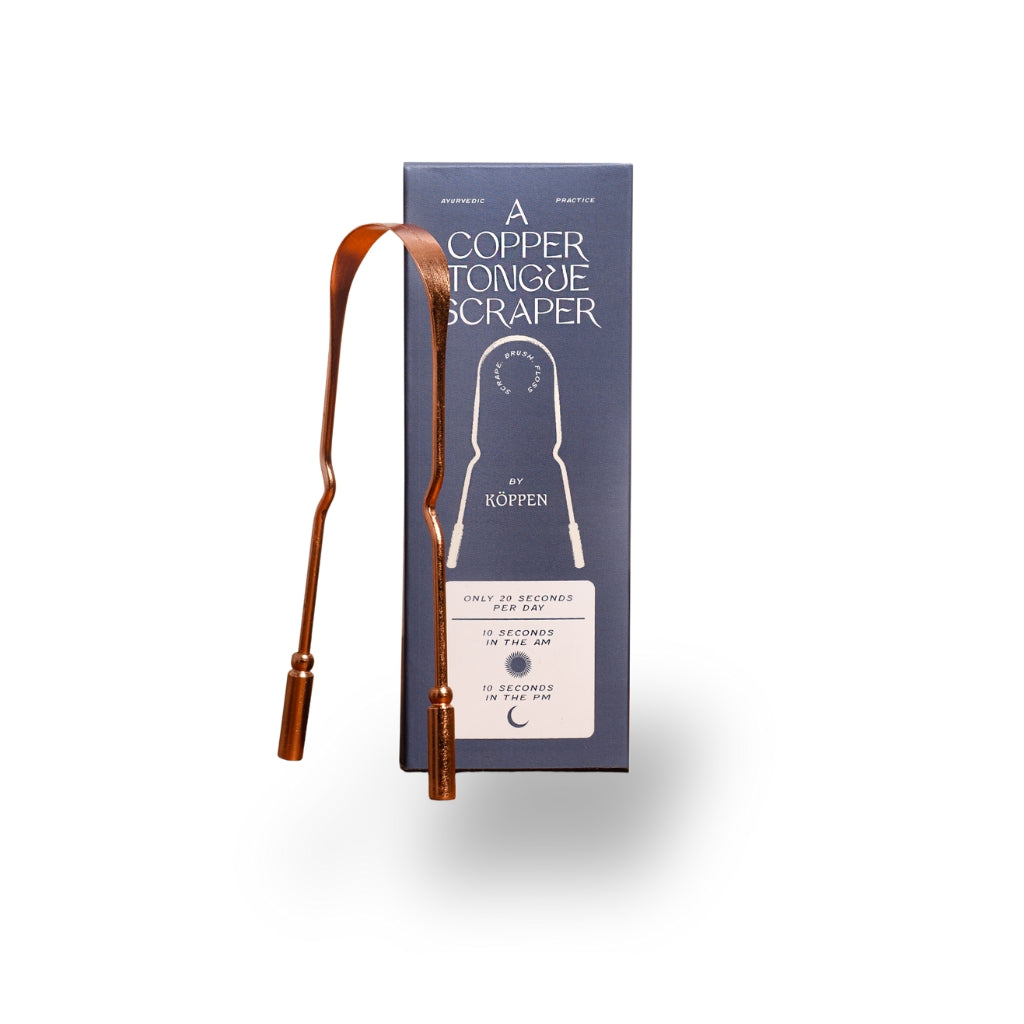Dry Mouth
Increase Nitric Oxide
Reduce Snoring
Nasal Breathing: Taping the mouth closed at night encourages nasal breathing, which can help prevent dry mouth, a condition that can lead to bad breath, tooth decay, and gum disease due to a lack of saliva, which normally helps to clean the mouth and neutralize acids produced by bacteria.
Snoring & Sleep Apnea: By ensuring that the mouth stays closed, mouth tape can reduce snoring and symptoms of mild sleep apnea, leading to better sleep quality and improved overall health.
Jawline: Mouth taping can help maintain the correct alignment of the jaw, reducing the risk of teeth grinding (bruxism) and temporomandibular joint disorders (TMJ).
Complete Your Oral Care Routine
WHAT OUR CUSTOMERS SAY
Real customers, Real Stories
Write a Review
Read More
/
Improved Breathing
Increased Nitric Oxide
Backed by Science
Dry Mouth Prevention
Gluten Free
Yeast Free
Improved Breathing
Increased Nitric Oxide
Backed by Science
Dry Mouth Prevention
Gluten Free
Yeast Free
Renowned Stanford Neuroscientist, Dr. Andrew Huberman discusses benefits of mouthtape
Mouth taping promotes nasal breathing during sleep, which Dr. Andrew Huberman highlights as essential for reducing snoring, improving oxygen intake, and lowering nighttime cortisol levels. By preventing mouth breathing, it can also help mitigate dry mouth which is a leading cause of cavities.


How To Use
Ensure your lips and surrounding skin are clean and dry.
Grab a mouthtape strip and trim if needed.
Place the strip horizontally across your closed lips, covering the center.
Press down gently to secure it, smoothing out any wrinkles or air bubbles.
Keep it on while you sleep to promote nasal breathing.
In the morning, gently peel off from top down and discard the strip.
Science-Backed
Scientific research has demonstrated that nasal breathing boosts nitric oxide production, a molecule essential for enhancing circulation and oxygen delivery to cells. Nasal breathing fosters antibacterial properties critical for effective oxygen absorption in the lungs. In contrast, mouth breathing can lead to over-breathing or hyperventilation, which reduces carbon dioxide levels, disrupts pH balance, and causes blood vessel constriction, potentially leading to conditions like sleep apnea and anxiety. Consistent use of mouth tape trains the body to breathe through the nose, which can increase lung capacity, improve focus, reduce stress, and help alleviate conditions such as asthma and anxiety.

Frequently Asked Questions





